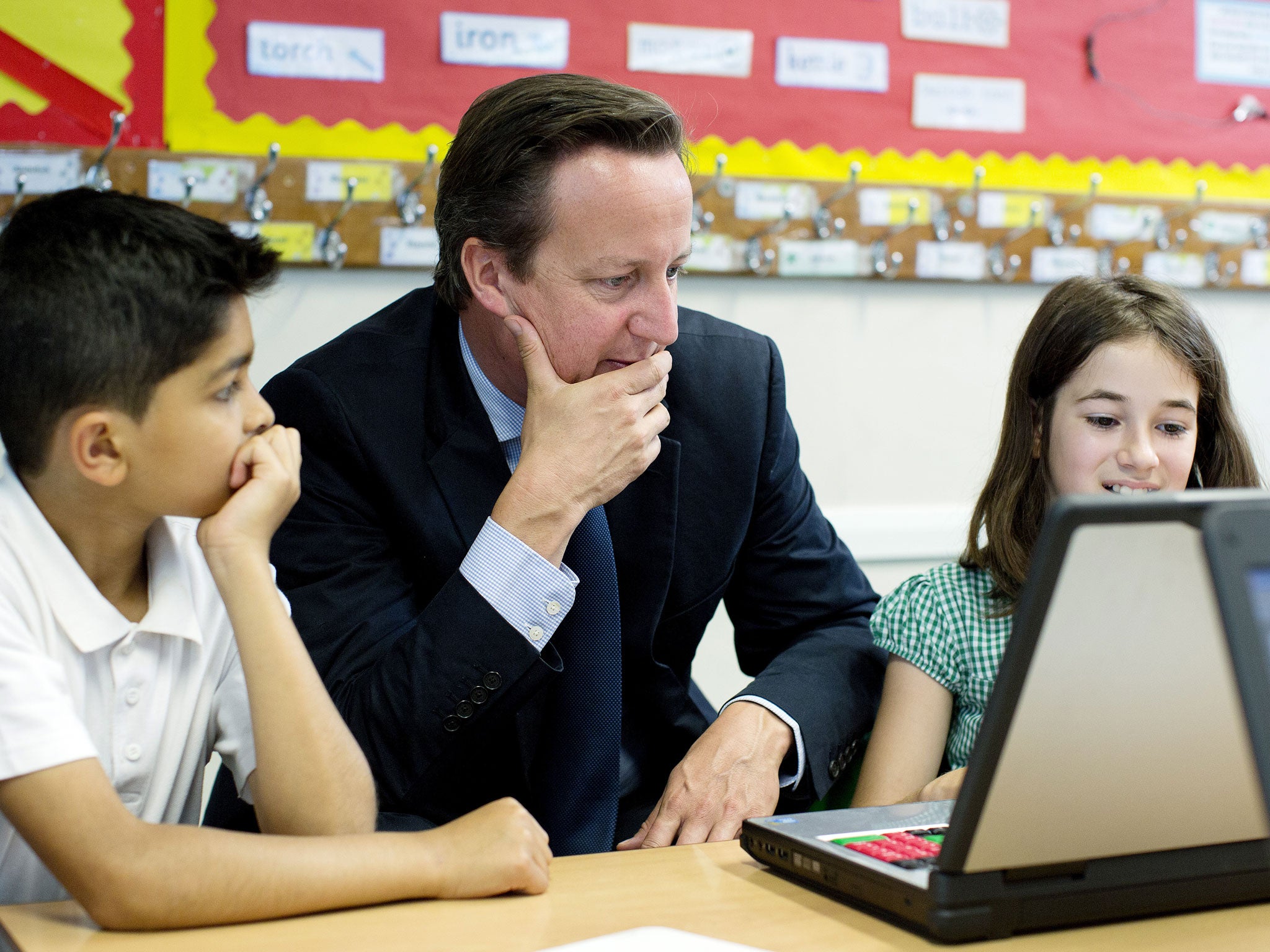Cameron has a point: negative coverage for social media can prove disastrous
Users have woken up to the power of the boycott. These sites may be free to use, but if they lose users, they will also lose advertising revenue

In all the sound and fury which has followed the suicide of Hannah Smith, David Cameron has lighted upon a necessary truth. However much we deplore the behaviour of those who tell a child that the world would be a better place without her, we can’t stop anyone from being poisonous. Close down one website and another – similarly unmoderated – will soon spring up in its place. You can take legal steps against those who threaten life and safety but you can’t legislate against spite. What you can do is boycott.
Social media users have woken up to the fact that they have more power as consumers than they they realised. These sites are free to use because their owners are raking in advertising revenue. The users may not pay, but they draw in the advertisers who do. Lose users, and you will lose advertisers, which is why many, including the comedian Sarah Millican, boycotted Twitter last weekend: a collective muscle flex to suggest they might go elsewhere. And, as this week has proved, run a website where children are bullied relentlessly and you may lose advertisers, whether the users stick around or not.
The Sun, Specsavers, Vodafone and (appropriately) the charities, Mind and Save The Children, have all moved to withdraw advertising from Ask.fm. How could they do anything else? The Sun described Ask.fm as a “suicide site” earlier this week: it could hardly then continue to send it a hefty advertising cheque each month.
We have got used to the idea that, as people, there’s not much we can do to change the behaviour of big organisations. We moan about rising prices or crappy service but little gets done. In my experience, the fastest way to persuade a company to pull itself together is to call the press office. Where numberless customer service assistants can or will do nothing whatsoever to help you, the press office knows the value of negative coverage and they tend to act accordingly.
And now the social media sites are learning the same difficult lesson. Allowing bullying to go unchecked on any given site has been the easiest option for years. Hiring moderators is expensive and difficult – how do you moderate millions of users in dozens of languages, 24 hours a day? No matter how vociferous the complaints about the consequences of doing nothing, little if anything has changed.
But money talks very much louder than words. No company wants their brand to be associated with bitching, bullying and viciousness. The internet is limitless: there are myriad other sites where they can place their ads which won’t link them to all those tragic headlines. It doesn’t need a marketing guru to suggest that the money will migrate to sites which draw in users without throwing them to the wolves.
Join our commenting forum
Join thought-provoking conversations, follow other Independent readers and see their replies
Comments
Bookmark popover
Removed from bookmarks